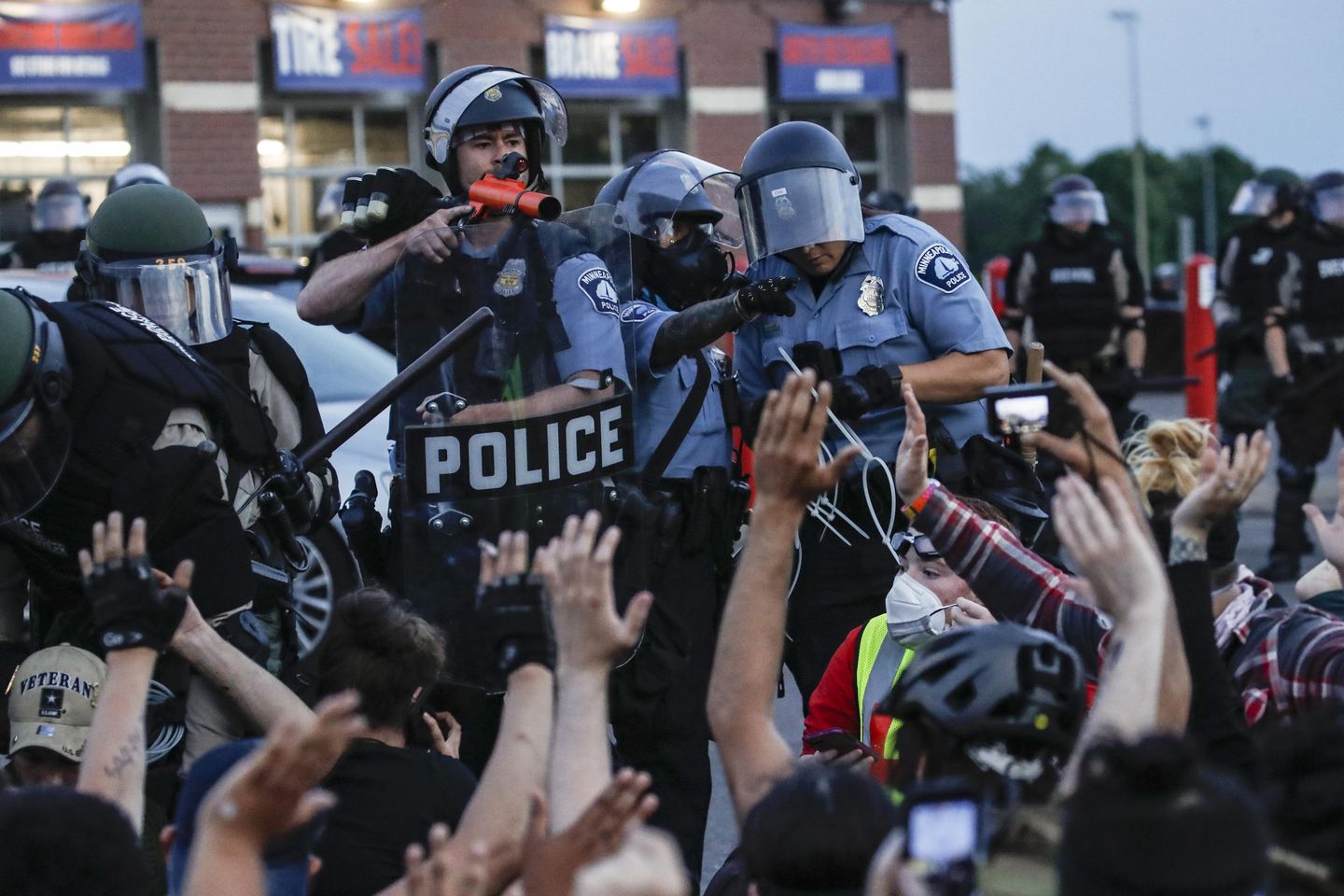
The Justice Department is moving to free police departments in Louisville and Minneapolis from consent decrees imposed during the Biden administration following Black Lives Matter protests, signaling a significant shift in federal oversight of local law enforcement. Here’s what you need to know about this developing policy change:
The policy reversal
Justice Department changing course on police oversight:
- Motions filed to terminate consent decrees in two major cities
- Louisville and Minneapolis specifically targeted for relief
- Legal arguments cite improved conditions and compliance
- DOJ officials characterizing decrees as overly restrictive
- Department emphasizing local control of police operations
- Review of all existing consent decrees underway
- Cities required to demonstrate continued commitment to reforms
The historical context
Consent decrees emerged from specific incidents:
- Minneapolis agreement followed George Floyd’s death in 2020
- Louisville decree resulted from Breonna Taylor shooting
- Both cases became focal points of 2020 protests
- Biden Justice Department prioritized pattern-or-practice investigations
- Consent decrees imposed comprehensive oversight requirements
- Federal monitors appointed with significant authority
- Implementation costs borne largely by local governments
The practical implications
Operational changes expected in affected departments:
- Officer discretion likely to increase in daily operations
- Use-of-force policies potentially modified
- Training requirements possibly streamlined
- Documentation burdens reduced for officers
- Resource allocation returning to local control
- Technology requirements potentially relaxed
- Federal monitoring costs eliminated
The local reaction
Mixed response from municipal stakeholders:
- Police unions celebrating increased operational flexibility
- City officials generally supportive of reduced federal oversight
- Community activists expressing concern about backsliding
- Local business communities noting improved police response times
- Neighborhood groups divided along familiar lines
- Municipal budgets affected positively by reduced compliance costs
- Police recruitment potentially improving with reduced restrictions
The legal battle
Court approval not automatic for termination:
- Judicial review required for consent decree changes
- Civil rights organizations promising legal intervention
- Evidence of compliance improvement subject to dispute
- Technical requirements versus spirit of reforms debated
- Legal standard for termination being tested
- Precedent limited for early termination of decrees
- Appeals process potentially extending timeline
The national implications
Policy shift affecting broader policing landscape:
- Similar relief likely for other cities under consent decrees
- Future pattern-or-practice investigations approach changing
- Federal-local law enforcement relationship recalibrating
- Police recruitment and retention potentially affected nationally
- Data collection requirements being reconsidered
- Best practices guidelines under revision
- Professional standards organizations gaining influence
The political dimensions
Decision reflects administration priorities:
- Campaign promises to support law enforcement being fulfilled
- Conservative constituencies generally supportive
- Progressive organizations universally critical
- Congressional oversight hearings expected
- Public safety versus civil rights framing of issue
- Crime rate impacts central to political debate
- Electoral implications for 2026 midterms
What happens next
Several key developments are anticipated:
- Court hearings scheduled on termination motions
- Additional cities seeking similar relief
- Justice Department issuing new guidance on oversight
- Police departments adjusting operational procedures
- Community monitoring organizations forming in affected cities
- Crime statistics closely watched following changes
- Academic studies evaluating impacts of decree terminations
Read more:
• Justice Department moves to free Louisville, Minneapolis police from BLM-era consent decrees
This article is written with the assistance of generative artificial intelligence based solely on Washington Times original reporting and wire services. For more information, please read our AI policy or contact Ann Wog, Managing Editor for Digital, at awog@washingtontimes.com
The Washington Times AI Ethics Newsroom Committee can be reached at aispotlight@washingtontimes.com.












